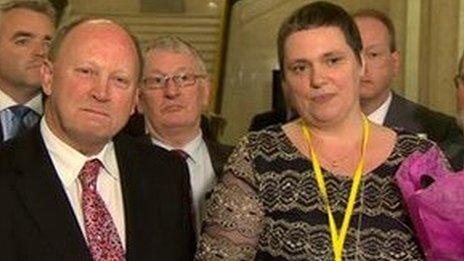Special advisers: Does NI have different rules than GB?
- Published
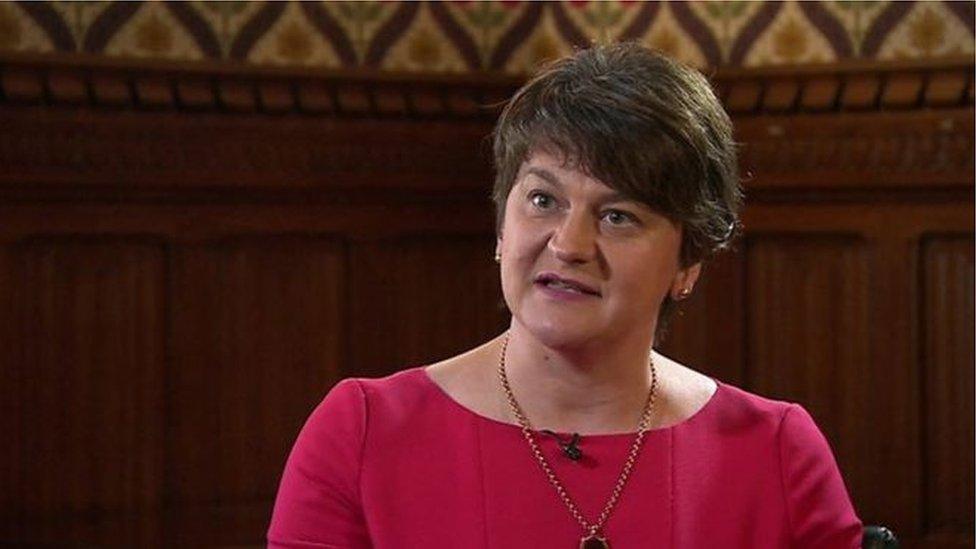
DUP leader Arlene Foster said she believed she was "accountable" but not "responsible" for the conduct of her special adviser
DUP leader Arlene Foster caused controversy in September when she told the Renewable Heat Incentive (RHI) Inquiry she believed she was "accountable" but not "responsible" for the behaviour of her special adviser Andrew Crawford, external.
Earlier this month, the inquiry chair Sir Patrick Coghlin said he remained unclear exactly what the former first minister had meant by her remark., external
The rules governing the accountability of special advisers (spads) appointed under the old Stormont Executive do not make clear how responsible or accountable their ministers should be for their conduct.
This contrasts with the corresponding rules which govern the conduct of special advisers in the UK civil service.
UK code much clearer
A lawyer acting for the DUP told the inquiry she would have to take further instruction on whether Arlene Foster accepted she could not be "absolved" of the responsibility for decisions that had been taken by her officials.
On the final day of the RHI inquiry, a barrister acting on behalf of a group of civil servants involved in the matter referred to Mrs Foster's comment.
The barrister argued the officials he represented were "not dancing around on the distinction between responsibility and accountability. They accept both".
It has now emerged that the UK code of conduct for special advisers is much clearer, external about the responsibility of ministers than its Stormont equivalent.
The UK code states that "the responsibility for the management and conduct of special advisers, including discipline, rests with the minister who made the appointment".
It adds: "It is also the appointing minister's responsibility to ensure that their special adviser(s) adhere to this code of conduct. It is, of course, also open to the prime minister to terminate employment by withdrawing her consent to an individual appointment at any time."
NI spads 'have status of civil servants'
By contrast, the Stormont special advisers' code does not specify how accountable or responsible ministers should be for their advisers' behaviour.
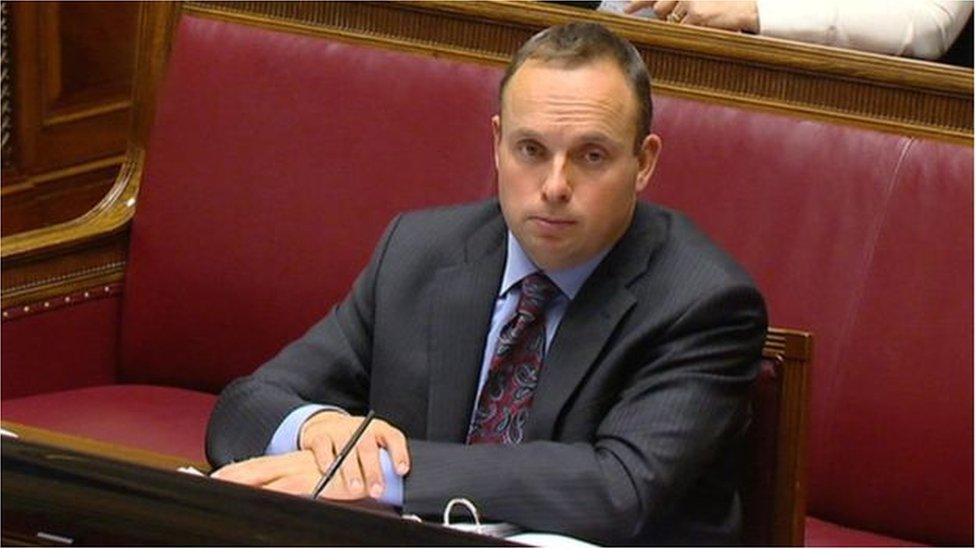
The role of former DUP spad Andrew Crawford came under scrutiny at the RHI Inquiry
The code says spads "have the status of civil servants and are remunerated from public funds. It is accepted, however, that there is a personal nature to such appointments which requires a high degree of rapport and trust between the parties involved to make them a success".
A spokesperson for the Northern Ireland Department of Finance told BBC News NI: "The Northern Ireland version of the ministerial code (2007) and the special adviser code (2013) are different from the rest of the UK.
"The ministerial code and special advisers' code do not make any reference to the role of ministers in disciplinary matters affecting spads."
The spokesperson added: "Northern Ireland has had its own code of conduct for special advisers since the establishment of the Assembly in 1999. The 2013 code of conduct, in line with previous versions, states that disciplinary matters are dealt with in accordance with the NICS staff handbook."
Earlier this month the BBC revealed that the department is reviewing the Northern Ireland Civil Service code of ethics after a key discrepancy emerged in relation to keeping "accurate official records".
The BBC understands the same review will also consider the discrepancy in the UK and NI special adviser codes in relation to ministerial responsibility and accountability.
- Published24 October 2018
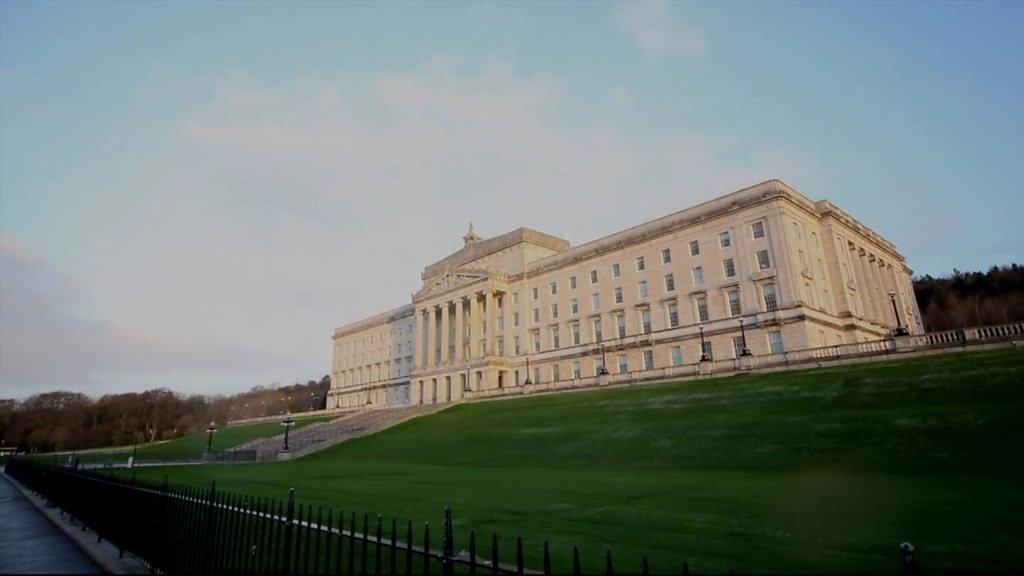
- Published10 October 2018

- Published4 September 2018
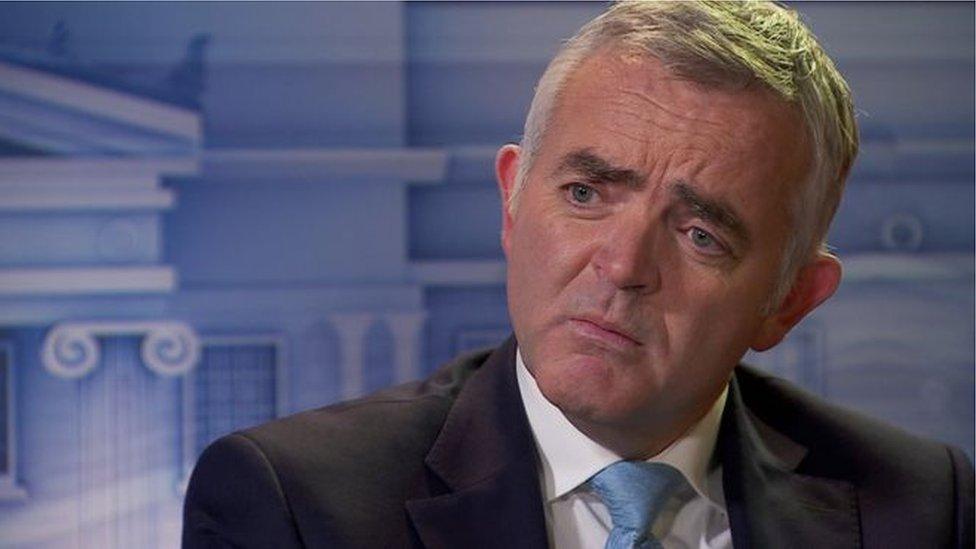
- Published9 July 2013
